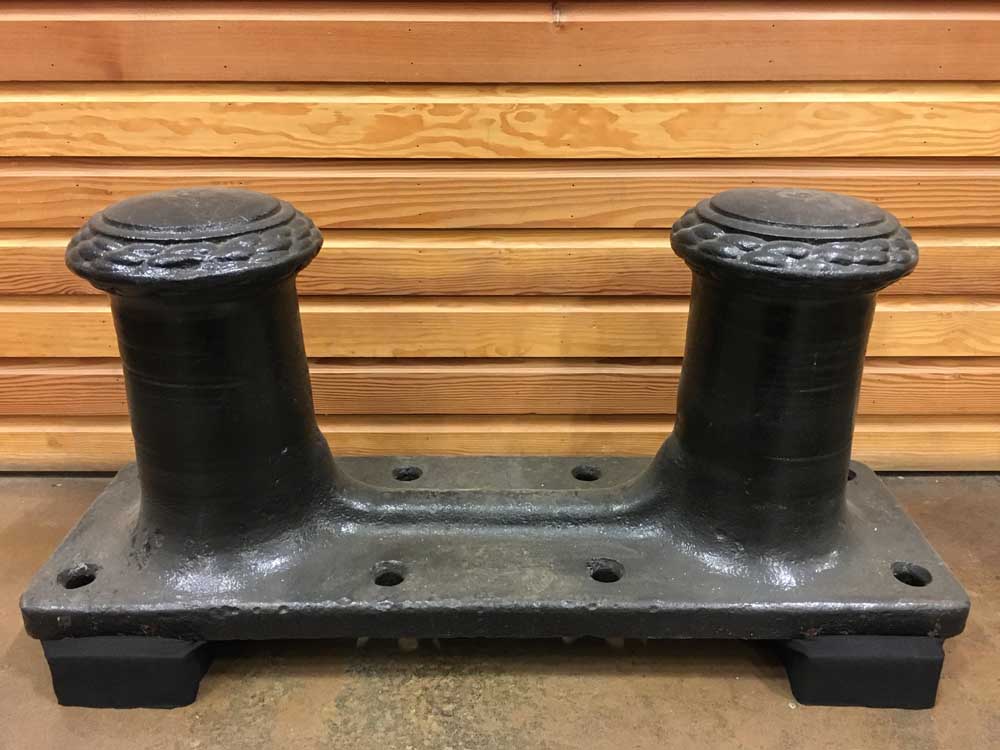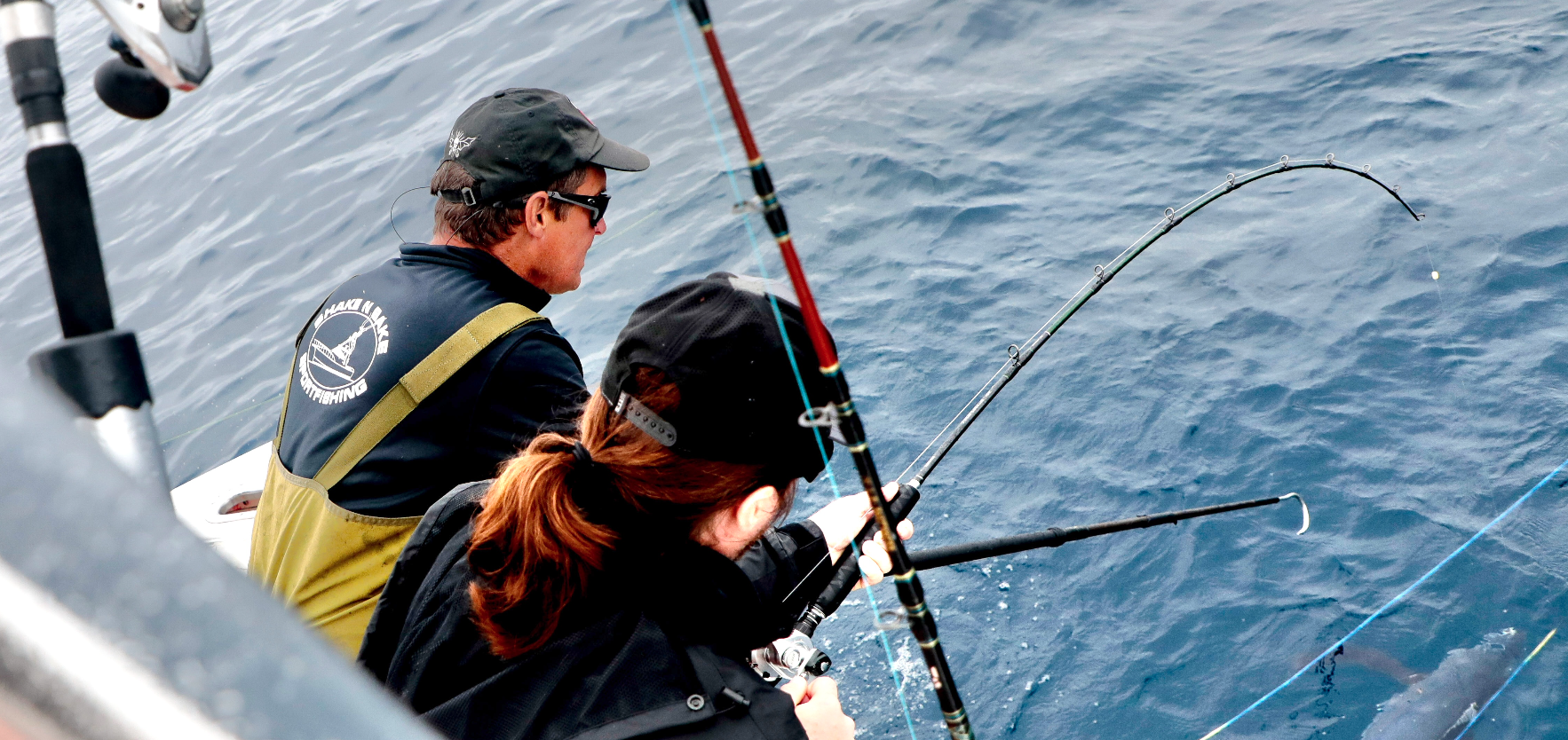Sea talk: A beginner’s guide to maritime slang
Published 1:45 pm Friday, August 14, 2020

- A bitt, to which post lines are fixed.
Slang is unofficial and unconventional. It lives outside the bounds of “proper” use of language, yet it reflects how people really talk to one another.
Trending
Slang is a symptom of our linguistic and cultural history. It’s a sign of what objects, events and ideas were valued at a certain period in time, and how those ideas dispersed through many types of communities.
Of course, slang changes over time. Certain expressions can mean different things to different people. As it turns out, there’s a long list of words and turns of phrase we use today that originate from the maritime world.
The phrase “showing your true colors” for us means that a person is showing themselves for who they really are; like the big reveal in an action movie when the hero realizes his best friend has secretly been the villain all along.
Trending
The expression actually originates from the phrase, “showing your false colors,” which was when ships would sail under flags that weren’t their own when moving through unfriendly territory. In an age when honor was held above other values, general etiquette ruled that a ship had to disclose its true colors before firing on another vessel.
When we tell a friend to hush by asking them to “pipe down,” we’re actually referencing a call sailing ship crews would receive from the boatswain on board. One common explanation for this phrase comes from “piping down the hammocks,” which is when the boatswain would use his whistle to tell the crew it was time to go below decks for the night. Other accounts say that a sailor would be “piped down” when he was dismissed by his command.
As it turns out, a “clean bill of health” used to be a physical document that confirmed that everyone on board a ship was healthy at the last port they docked. This helped to ensure that the crew didn’t pick up any infections during their travels and continue to spread it among ports.
Today, this could be equated to the original contact tracing. If something happened to a ship’s crew during their voyage, they could trace themselves back to the last port they were at before they shipped out.
A phrase that isn’t as conclusive as the other three: “the bitter end.” In the nautical world, “bitts” are posts that ropes are fixed to. When a rope has reached the “bitter end,” it means that there isn’t any left to use — that’s the end of the line.
Not all linguists are convinced this is the only origin for the term. Others say “the bitter end” is a reference to biblical verse. More literally, the word means sharp, pungent or acrid. It’s likely that a few of these explanations converged to create the expression as we use it today.









